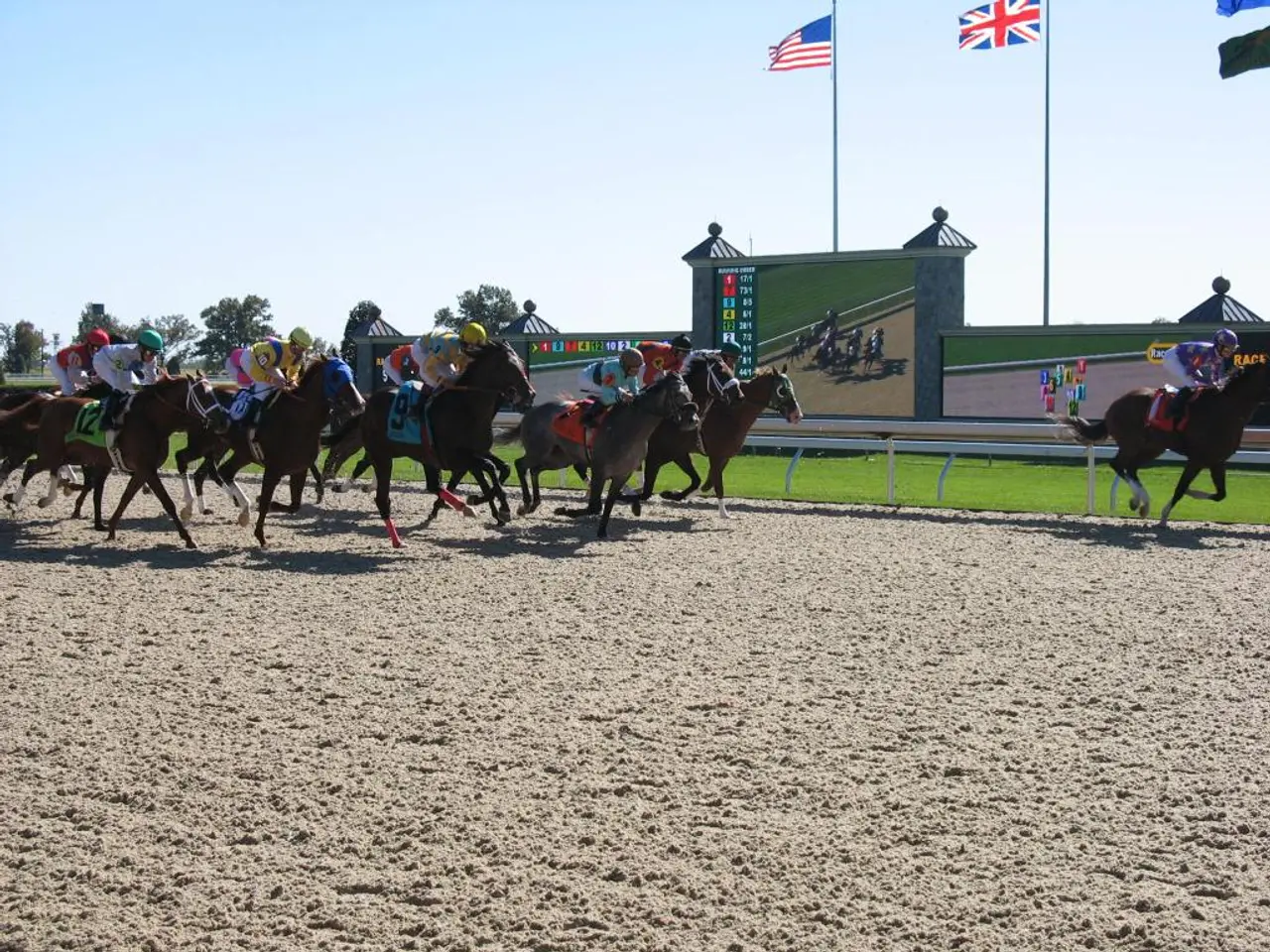Public housing expansion trajectory in North Rhine-Westphalia: Burning questions about its direction?
Article Title: Special Effects, Not a Trend Reversal: North Rhine-Westphalia's Public Housing Promotion
In a recent press conference, Minister of Housing Scharrenbach presented the results of North Rhine-Westphalia's public housing promotion for the year 2023. However, a closer look at the numbers reveals that the increase in publicly funded housing units was primarily due to special effects rather than a trend reversal in the state government's housing promotion.
According to the German Tenants' Association, the interest rate jump in the past year has influenced builders to switch to public housing promotion. This shift, considered a one-time effect, does not represent a trend reversal in the state government's housing promotion.
A total of 11,854 housing units were publicly funded with a "promotion boost" in the past year. On average, only four owner-occupied housing measures were funded per municipality in the state's 396 communities. However, the assessment of the German Tenants' Association and the Association of Housing Industry contradicts the Minister's presentation of public housing construction in North Rhine-Westphalia as being at its best.
Despite the increase in publicly funded housing units, no significant result was achieved to ease the housing market in North Rhine-Westphalia with the announced owner-occupied housing measures. The number of newly created housing units in rent-controlled housing construction is significantly lower than the total number of funded units. Ultimately only 6,726 housing units were newly created in the area of rent-controlled housing construction.
The special effects in the 2023 numbers do not indicate a long-term trend reversal in the state government's housing promotion. The numbers for 2023 are based on special effects, according to the Association of Housing Industry. The results were presented as indicating that public housing construction in North Rhine-Westphalia was at its best, but the German Tenants' Association has labeled the Minister's annual balance as a "flash in the pan" due to these special effects.
Recent reports and economic analyses do not suggest that North Rhine-Westphalia's state government fundamentally altered its housing promotion policy to cause a sustained increase in publicly funded housing units. Instead, evidence suggests that the rise may reflect timing effects, temporary program boosts, or other irregular causes rather than a structural change in housing policy.
In view of the dramatic situation on the housing market, the state parliament is urged to address this urgent issue of statewide importance in a current hour. The supply of affordable housing to the population is a primary task of state care, as stated by the Association of Housing Industry. It remains to be seen whether the state government will take further action to address the housing crisis in North Rhine-Westphalia.
[1] Covivio report [2] Economic analyses [3] Broader demographic and market data
Policy-and-legislation discussions in North Rhine-Westphalia's state parliament are urgently required to address the ongoing housing crisis, as stated by the Association of Housing Industry. General-news reports and economic analyses [1][2] do not support the idea that the state government has instigated a long-term trend reversal in its housing promotion policy to generate a sustained increase in publicly funded housing units, suggesting instead that the rise might be due to special effects, timing, or temporary program boosts [3].








